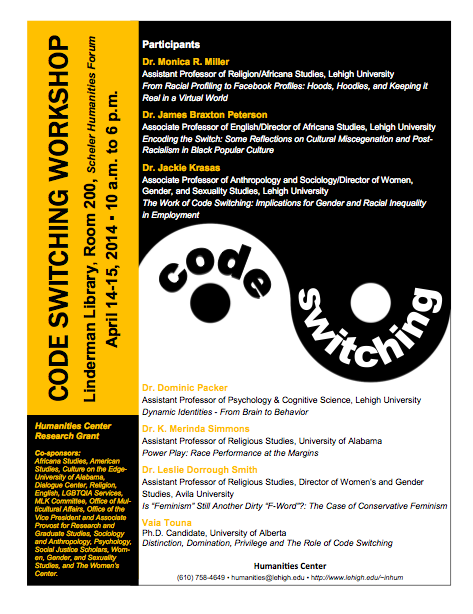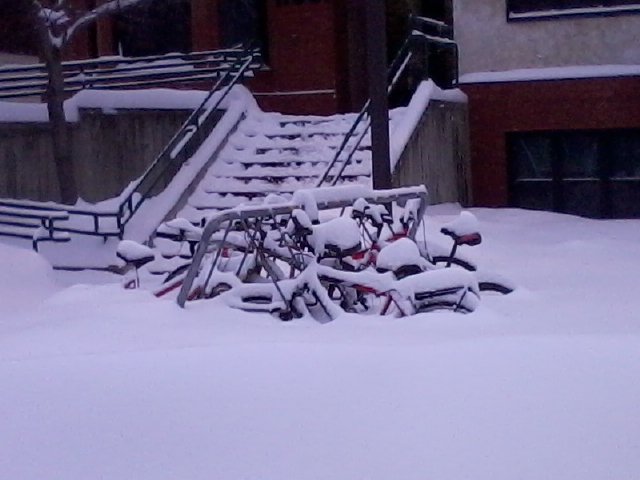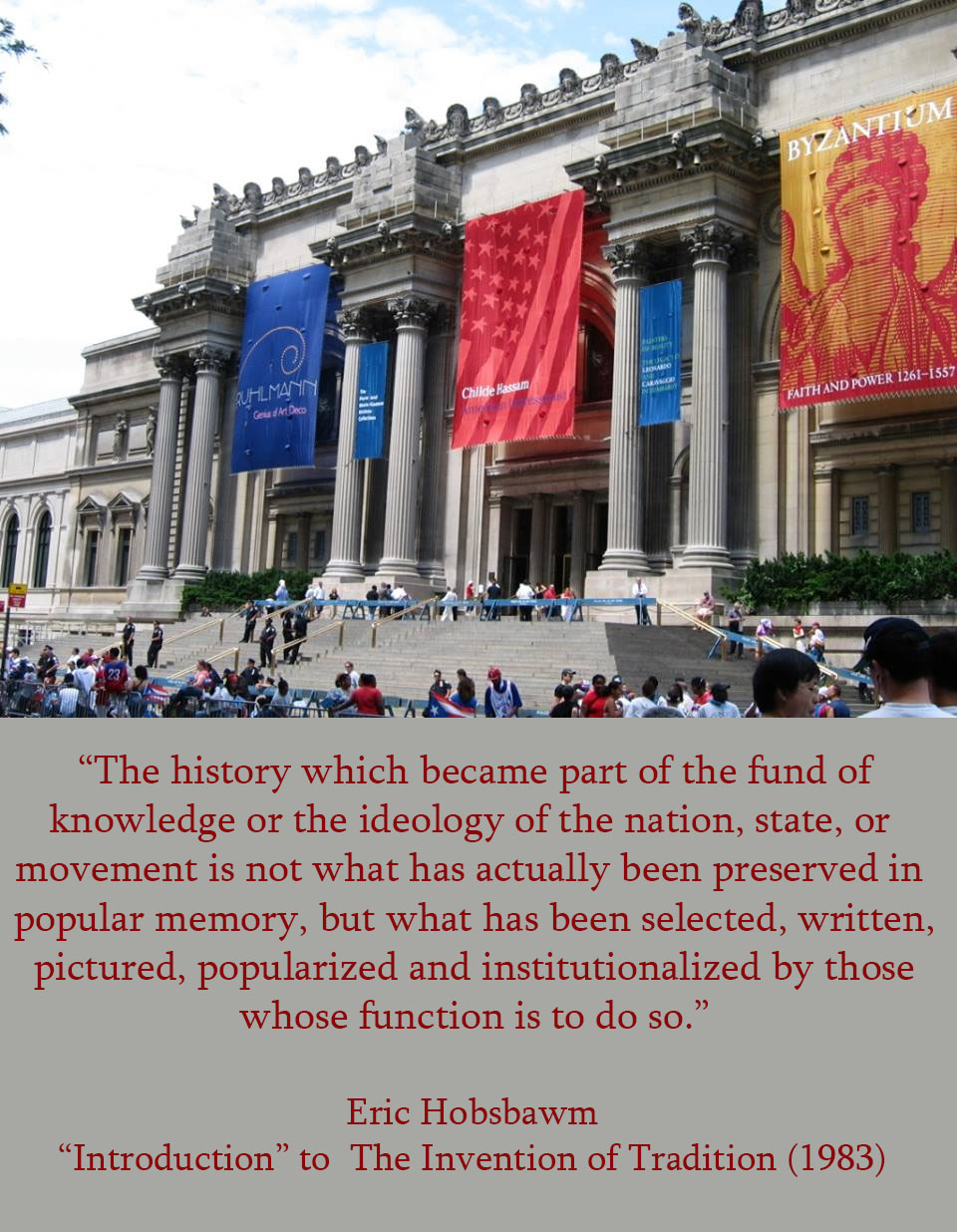 On April 14-15, 2014, Lehigh University will be hosting a Code Switching Workshop inspired by, and comprised of, Culture on the Edge‘s Monica Miller, Merinda Simmons, Leslie Dorrough Smith, and Vaia Touna. They will be joined by two other Lehigh faculty members: James Peterson, Associate Professor of English and Director of Africana Studies, and Jackie Krasas, Associate Professor of Anthropology and Sociology and Director of Women, Gender and Sexuality Studies.
On April 14-15, 2014, Lehigh University will be hosting a Code Switching Workshop inspired by, and comprised of, Culture on the Edge‘s Monica Miller, Merinda Simmons, Leslie Dorrough Smith, and Vaia Touna. They will be joined by two other Lehigh faculty members: James Peterson, Associate Professor of English and Director of Africana Studies, and Jackie Krasas, Associate Professor of Anthropology and Sociology and Director of Women, Gender and Sexuality Studies.
The topic of code switching here at the Edge began last summer (2013) and then developed into a couple of blog posts (here and here).
Stay tuned to learn more
about the upcoming workshop…

 The first time I came to Edmonton, Canada, was in March of 2010, in order to give a paper at a conference, and, since I had applied for a Ph.D. there, to also see the city—not knowing though whether I was yet accepted at the program or not. That was the first time I had been so far north and the only thing I knew for sure was that Canada is cold (that the temperature could get as low as -30C (-22F) was beyond what my imagination could grasp).
The first time I came to Edmonton, Canada, was in March of 2010, in order to give a paper at a conference, and, since I had applied for a Ph.D. there, to also see the city—not knowing though whether I was yet accepted at the program or not. That was the first time I had been so far north and the only thing I knew for sure was that Canada is cold (that the temperature could get as low as -30C (-22F) was beyond what my imagination could grasp). 
 “
“
 Read
Read  As a native Greek speaker, the words in English that give me most trouble—especially when I find myself at various conferences or lectures in North America that involve, in some way or another, the use of Ancient Greek—is the pronunciation of those words. I admit that I can’t resist the temptation of correction for example whenever I hear Thucydides (pronounced: Thu-si-di-dees) instead of Θουκυδίδης (pronounced: Thu-ky-theē-thees). But once I found myself in an awkward position where context made the text if not unrecognizable but certainly irrelevant.
As a native Greek speaker, the words in English that give me most trouble—especially when I find myself at various conferences or lectures in North America that involve, in some way or another, the use of Ancient Greek—is the pronunciation of those words. I admit that I can’t resist the temptation of correction for example whenever I hear Thucydides (pronounced: Thu-si-di-dees) instead of Θουκυδίδης (pronounced: Thu-ky-theē-thees). But once I found myself in an awkward position where context made the text if not unrecognizable but certainly irrelevant. 
 A few months ago while I was hosting
A few months ago while I was hosting  Read
Read